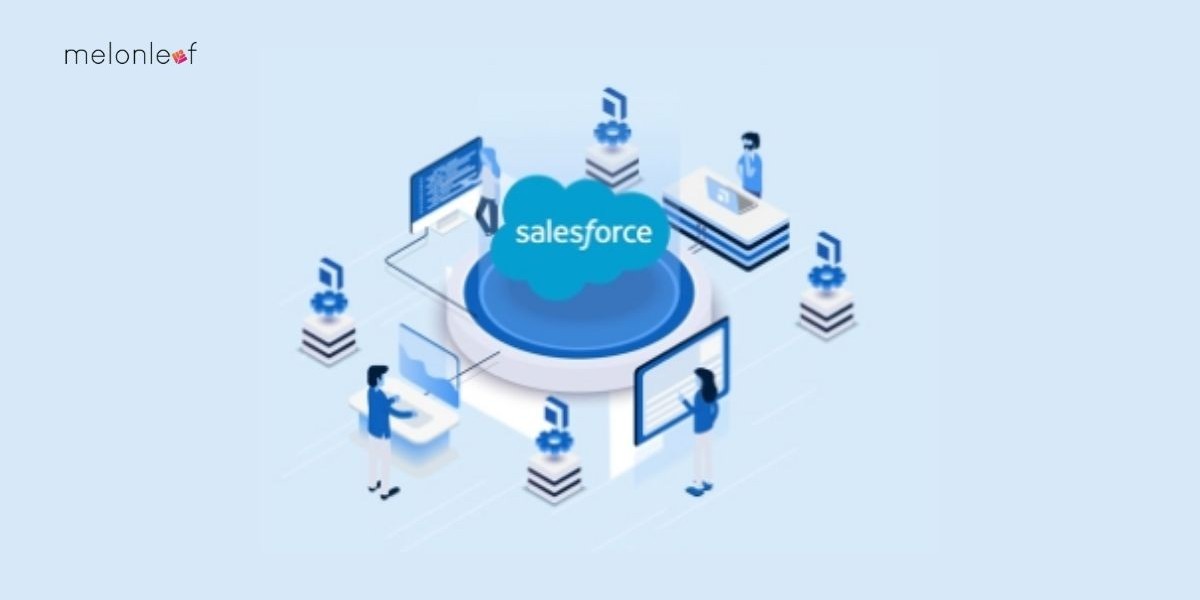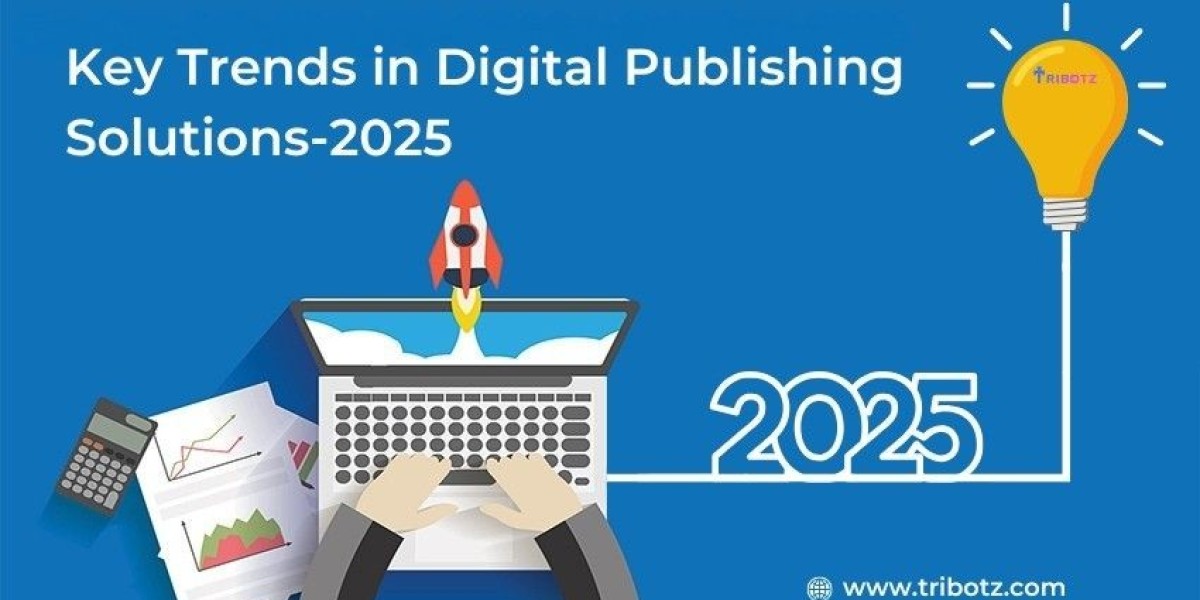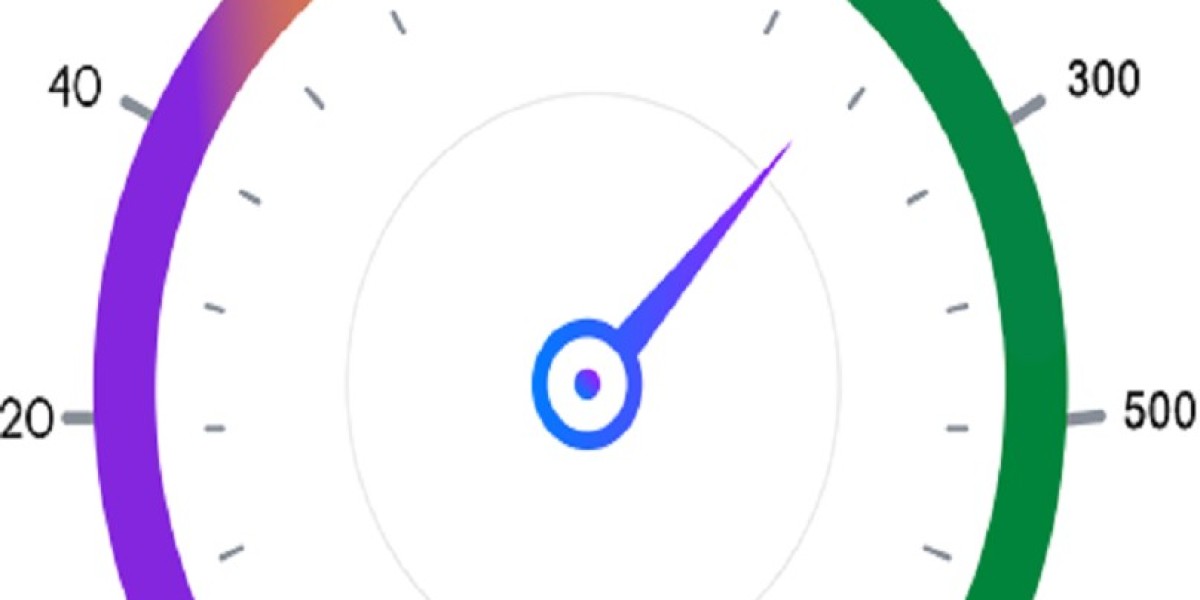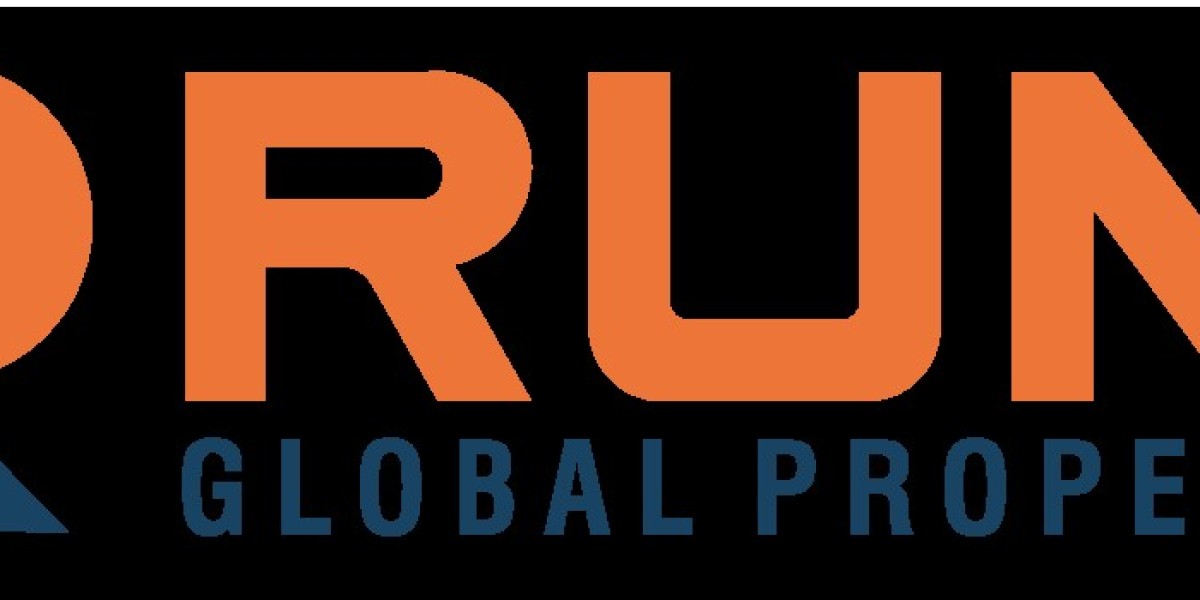In the highly competitive retail landscape, customer expectations are constantly evolving. Modern shoppers demand seamless, personalized experiences across digital and in-store channels. To meet these demands while managing inventory, marketing, customer service, and order fulfillment efficiently, retailers need robust, flexible technology.
This is the story of how a Salesforce development company in USA helped a fast-growing retail brand transform operations and scale nationwide using customized Salesforce solutions.
Background: The Retail Brand’s Challenge
A mid-sized fashion and lifestyle retailer with 30+ stores across the U.S. was facing operational bottlenecks. Their growth was rapid, but their technology stack—spread across spreadsheets, legacy CRMs, and disconnected e-commerce tools—couldn’t keep up.
Core challenges included:
Poor visibility into customer data across channels
Inefficient manual inventory tracking
Fragmented marketing and loyalty systems
Sluggish support response times
Difficulty forecasting demand and managing promotions
To stay competitive, the brand needed a unified CRM platform and a partner who could tailor it to their retail-specific needs.
Engaging the Right Salesforce Development Partner
The retailer partnered with a certified Salesforce development company in the USA known for its industry expertise and agile approach. The goal was not just a Salesforce implementation—but a strategic transformation aligned with retail growth.
1. Implementation of Salesforce Commerce Cloud and Service Cloud
The development team integrated Salesforce Commerce Cloud with the retailer’s website and POS system to unify online and in-store shopping experiences. In parallel, they deployed Service Cloud to streamline customer support.
Benefits:
Centralized customer profiles combining purchase history, preferences, and loyalty data
Real-time inventory updates across stores and online
Unified ticketing and live chat for customer service
2. Custom Inventory and Order Management Workflows
Salesforce was customized with Apex logic and Lightning components to manage store-level inventory, automate restocking workflows, and provide supply chain visibility.
Key Features:
Real-time low-stock alerts
Auto-replenishment rules based on sales velocity
Visual dashboards showing inventory trends by region
3. Loyalty Program Integration
The development team built a custom loyalty program app on Salesforce Platform, integrated with point-of-sale and Commerce Cloud. It tracked customer points, reward redemptions, and tier progression in real-time.
Result:
34% increase in loyalty program engagement
22% increase in average customer lifetime value
4. Personalized Marketing with Salesforce Marketing Cloud
With the help of Marketing Cloud, the retailer shifted from batch-and-blast emails to personalized customer journeys.
Improvements:
Automated abandoned cart emails
Location-based promotions
AI-driven product recommendations using Salesforce Einstein
5. Advanced Analytics and Forecasting
Using custom dashboards in Salesforce Reports & Dashboards, and integrating Tableau CRM, the leadership team gained visibility into:
Store-wise sales performance
Top-selling products and bundles
Customer churn risk and re-engagement opportunities
These insights helped them make data-driven decisions about expansion, staffing, and promotions.
Impact in Numbers
In just 12 months after the full rollout, the results were dramatic:
38% increase in online sales conversion
24% improvement in inventory turnover rate
50% reduction in average support resolution time
70% increase in customer data completeness
Faster go-to-market for seasonal campaigns (from 2 weeks to 3 days)
Why It Worked: Key Success Factors
Retail-Focused Customization: The Salesforce development company understood the nuances of retail—store operations, customer behavior, and seasonal demands.
Iterative Agile Approach: The solution was rolled out in phases, with feedback loops built in to adapt to real-time needs.
Deep Integration: Everything—from marketing tools and POS to e-commerce and inventory—was brought into one Salesforce ecosystem.
Training and Change Management: Store managers and HQ teams received hands-on training, leading to fast adoption across departments.
Final Thoughts
This success story showcases how a Salesforce development company in the USA can deliver more than just technical implementation—it can become a strategic growth partner. By tailoring Salesforce to the unique demands of retail, this company helped the brand turn a fragmented infrastructure into a streamlined, scalable operation.







